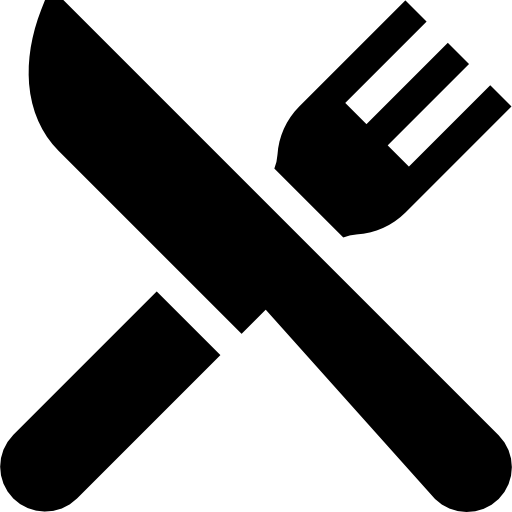
Planning a Balanced, Plant-Based Diet for Kids
Caregivers who follow a vegetarian, vegan or other plant-based diet may wonder whether it’s wise for their children to follow the same eating plan.
A well-balanced vegetarian diet can meet a baby or child’s needs, although it’s important to make sure children eating plant-based diets are getting enough protein-rich plant foods and other essential nutrients, according to Malina Malkani, MS, RDN, CDN.
If you’re contemplating a plant-based diet for your child, you can learn more about the essential nutrients every child needs with this insight from Malkani and the nutrition experts at Plum Organics.
Iron
Starting at about 6 months, babies’ iron reserves are low and they need iron from food sources. Iron is essential for brain development and healthy immune systems, as well as overall growth. Heme iron from animal-based foods is absorbed better than non-heme iron found in plant foods, but you can increase the absorption of non-heme iron by offering meals that include a plant source of iron – found in foods like beans, legumes, quinoa, chia seeds, leafy greens, nuts, nut butters and tofu – and a vitamin C-rich food, such as broccoli, strawberries or cantaloupe. Vitamin C helps boost non-heme iron absorption.
Vitamin B12
Important for development of the nervous system, vitamin B12 also plays a role in the prevention of anemia and affects some behavior and mood regulation. Dietary sources of B12 include primarily animal products (meat, fish, eggs and milk), although some B12 can be found in nutritional yeast and fortified cereals. Infants likely get enough vitamin B12 from breast milk or formula, but as their milk intake begins to taper between 9-12 months, vegan babies may benefit from supplementation.
Vitamin D
Most people know vitamin D is good for strengthening teeth and bones, but it also supports calcium absorption and promotes optimal functioning of the immune system. The only known naturally occurring plant-based food source of vitamin D is some varieties of mushrooms. Formula-fed infants drinking more than 32 fluid ounces do not generally need a supplement, but breastfeeding infants may need to be supplemented.
Omega-3 Fatty Acids
These essential fatty acids are important for brain development, learning and behavior. There are three types of omega-3s, including EPA, DHA and ALA. EPA and DHA, the most critical, are found mainly in fish or algae. Breast milk and formula often contain omega-3s, as well.
For plant-based tots who don’t eat fish, the ALA in foods like chia seeds, flax seeds and walnuts can be an important source of omega-3 fatty acids. Consider an option like the Mango & Pineapple, White Bean, Butternut Squash & Oats blend from Plum Organics, which provides omega-3 ALA from chia seeds and offers a convenient way to add important nutrients to a toddler’s plant-based diet.
Calcium
Calcium is important for strengthening bones and teeth, as well as muscular and nervous systems and heart function. For most infants, formula, breast milk or a combination of the two will provide adequate intake of calcium. Plant-based dietary sources of calcium include tofu, beans, fortified cereals, green leafy vegetables, tahini, sesame seeds and almond butter.
Zinc
In addition to the important role it plays in immune health, overall growth and development, zinc is a vital component of cell turnover and repair. Breast milk provides adequate zinc to meet a baby’s needs, but over time the concentration of zinc in breast milk decreases (even if the mother takes supplements). Whole grains, fortified breakfast cereals, beans, legumes, chickpeas and nuts are all plant-based sources of zinc.
Protein
Most children who eat plant-based diets easily meet their needs for protein, which is essential for adequate growth and development. Plant-based baby food blends like the Carrot, Sweet Potato, Corn, Pea and Chicken pouches from Plum Organics offer a no-mess, portable way to provide about 18% of an average 6-12-month-old’s daily protein needs. Other sources of plant-based protein include beans, legumes, whole grains, vegetables, nuts, seeds and soy.
Caregivers should speak with their pediatricians or registered dietitians about any nutrition-related concerns and always consult them before starting any supplements. Find more information to support your child’s nutrition needs at plumorganics.com.
Photos courtesy of Getty Images
SOURCE: Plum Organics






